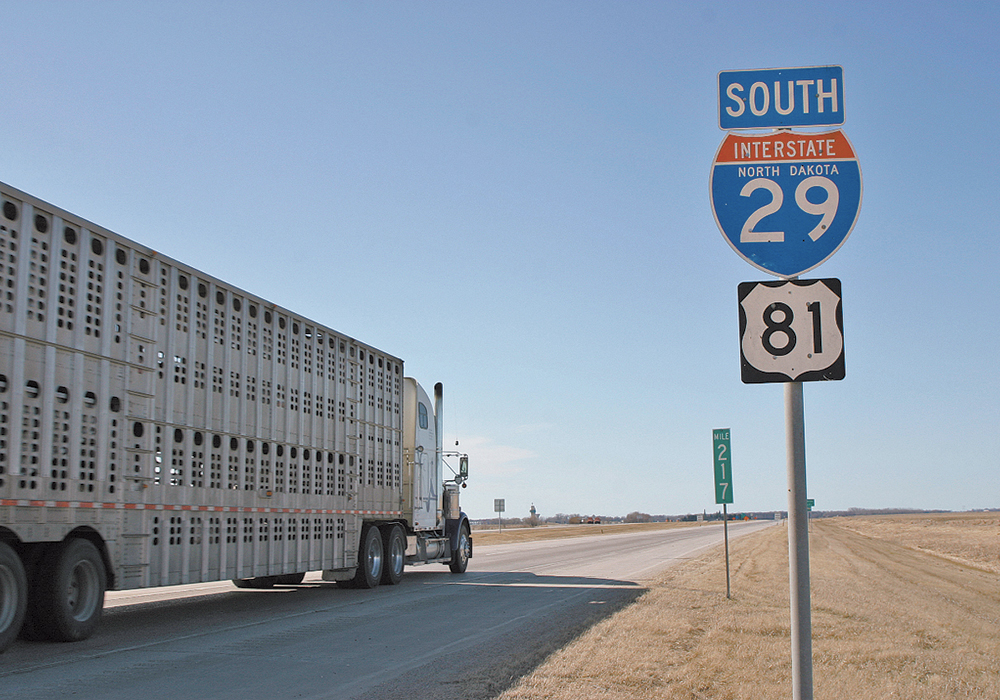A week of sessions with leading American politicians, lobbyists and analysts can leave a reporter impressed and overwhelmed.
Agriculture in the United States is anything but simple and it has much greater political influence than do farmers and the industries that rely upon them in Canada.
That’s something I get to see up close every year during the North American Agricultural Journalists’ conference in Washington, D.C., which is held every April, as the Japanese cherry trees are flowering. (This year and last year the conference was forced to go virtual, as has most everything else during the pandemic.)
Read Also

Canola market finds upside as U.S.-Canada trade talks restart
Biofuels inclusion in U.S. “Big Beautiful Bill” thought to be a silver lining for Canadian canola in the first week of July.
As a Canadian getting the chance to look inside the U.S. ag policy machine, it’s both frustrating and fascinating to see how much less important trade seems to U.S. than Canadian agriculture.
References to trade during the conference, unless the sessions are specifically about trade, tend to be brief and boilerplate, profoundly platitudinous. It’s sometimes hard to find much on trade to write about for a Canadian audience.
That can be frustrating for a reporter like me who is looking for fresh insights into Washington’s mood toward trade, which can have such a massive impact on Canada.
Some years there’s a fair bit of trade talk, but only when major things are happening, like former president Donald Trump threatening to tear up the NAFTA (I was around for that) or when world trade talks are heating up. (I’ve been around for that too.)
This year wasn’t one of those years. With the new Joe Biden administration yanking the U.S. government in a sharply different direction than Trump’s train wreck, there are lots of new things to talk about, but trade doesn’t seem to be one of those.
What do Biden people, Democrats and the lobbyists like talking about these days? There’s lots and lots of talk about climate change, about racial justice and about child nutrition programs.
There’s lots of talk about government support programs for farmers.
There’s much less about ripping up trade agreements and sticking it to both friends and foes.
There is quite a lot of talk about international negotiations and agreements, but those are mostly about climate change.
I’ve got a story about U.S. Agriculture Secretary Tom Vilsack’s comments on trade in this week’s issue, and it’s pleasant to both hear no threats from him to existing trade agreements like the Canada-U.S.-Mexico Agreement, no plans to undermine international organizations like the World Trade Organization, and nothing aimed negatively at Canada.
In his desire to find “like-minded nations” to form alliances to revive rules-based international trade, Vilsack sounded very much like Canada’s Chrystia Freeland, who made that a crusade while she was foreign minister.
Canada should be able to work easily with the U.S. on those efforts, which are desperately needed after the damage wrought by the Trump years, and the aggressive actions of powers like China to overthrow the old world order.
It was also nice to not hear from him, nor the other speakers I heard, any targeting of Canada as a specific cause of hurt to U.S. farmers, or a target for for American actions.
When U.S. Trade Representative Katherine Tai was confirmed in the U.S. Senate she faced a number of questions about whether she would be willing to ensure Canada and Mexico would live up to the provisions of CUSMA, which she assured them she would. Of course, country-of-origin labelling was mentioned by a senator, causing Canadian hackles to rise.
(The suggestion always in U.S. circles is that the U.S. is a boy scout in trade but dastardly foreigners are constantly taking advantage of its naivety. We Canadians, of course, can be equally self-righteous.)
For Canada, the current lack of U.S. interest in trade, beyond rejoining the rules-following nations, is probably a good thing. That they focus on us so little right now is probably the best protection we have against politically inspired actions such as COOL, anti-dumping penalties and import prohibitions. These aren’t happy times in the U.S., as the pandemic leaves deep scars in millions of people, as its social fabric has been torn by the George Floyd killing and aftermath, and as its people seem more polarized than ever between left and right.
Coming into the U.S. gaze now might not bring too much warmth, but instead the wrong kind of heat.
As a Canadian agricultural journalist, I wish they had talked more about trade, international issues and anything but the next farm bill and the byzantine process of funding the U.S.’s plethora of farm support programs.
But for the sake of Canadian farmers, it’s probably better that U.S. agricultural attention is on matters closer to home, and away from us.


















